In this era of AI, actual intelligence will never fade: Aman Dhall
In the last 10 years, PR has taken a different dimension, especially after the entry of social media and the rapid shift to digital during the pandemic period. At the same time, the industry has been facing stiff challenges, moreover client expectations have also increased, with more emphasis being given to digital and online reputation management. The industry has undergone a radical shift and the current times have pushed the industry to change gears.
In conversation with Adgully on the sidelines of IMAGEXX Summit and Awards 2023, Aman Dhall, Founder, CommsCredible, speaks at length about the significant changes in the communications industry in the past decade, the transition to digital media, how communications professionals can stay relevant in today’s digital era, and more.
How do you think the communications industry has changed in the past decade?
Enormously in the communication industry; if you look a decade back, it was mostly about traditional media – which is print and electronic. Then came in digital media. I remember when I was with The Economic Times’ print team, the online team used to come to us and aske us to contribute to the digital edition, however, the journalists wouldn’t give it that much importance and would, in fact, be reluctant to write for the digital medium. With the dotcom burst in the early 2000, the journalists always felt that print or electronic were the key medium.
But today, everyone wants their communication to beyond traditional mediums to the New Age mediums, and these New Age mediums can show impact. What we are always talking about is the return on investment – the fact is a piece which might get published, you might not know exactly the estimated views that might be coming. But we can always know, on social media, how many people it reached out to. I think that measurable outcome has changed tremendously in the industry. I also believe that from digital media it is now going to influencers. And I think that’s a very big shift. In a way, PR today is a lot wider; communications is a lot wider. And that is exactly what is happening in this business.
Every person can be your communications agent – he/she could be a micro or nano influencer or a mega influencer. It doesn’t need to be a journalist, it can be an independent content creator. That’s how things have changed. Obviously, a lot of people still see communication agencies doing their bit, but I think this will evolve tremendously over the next five or ten years.
How important do you think is social media for Public Relations professional today? Where do you think traditional mediums stand when it comes to communications?
Social media is very important. I mentioned earlier it is measurable. On the other hand, when it comes to traditional media like print or electronic, it has a certain value on the day of the impact. So, anything that comes in print on that day has a much bigger impact. When social media is integrated with it, it just makes the reach wider and gives you a bigger impact. So, I feel social media has really changed the game for the communications industry.
I’ll give you an example, if there is a story or an advertisement in a newspaper, if it has a certain timeline for the impact, for instance, I give an ad which says mega sale in a newspaper, I know over the next few days what the outcome of that advertisement will be. However, when it comes to digital, you have to spray at a lot of places – be it organic content or paid content – in order to know about the impact. For certain industries, tasks, and activities, I feel traditional mediums will work better, while for others, social media, new age content creators, influencers or digital PR will work better. Eventually, it is all about mass awareness and target audience awareness.
How important do you think it is for our communications professionals to learn about the newer technologies to use them right in terms of communicating about a brand?
I will say actual intelligence will never fade. People who will use all these technological tools intelligently will grow. If you ask me, I don’t read a lot, I would first get together my original thoughts, my observations, and then I would actually use any kind of artificial intelligence, rather than first use artificial intelligence and pop it over with an actual intelligence. And that is very, very critical. I feel the right usage will give you the right results. Same goes with measurements. If you don’t input right, you will always get your output wrong. So, your input is very important.
Technology, I think, is going to solve a lot of productivity issues. Ensure that humans are working on actual intelligent tasks and that is where upscaling is important. It is important that people can think of ideas, impacts, implementation, project management, influence through the conversations, and AI is an enabler to it.
So you think that being a journalist gives you an edge over other professionals in this industry?
It is a double-edged sword. It can give you a lot of advantages over other professions in this industry, at the same time, you need to keep your head down and have the right attitude. I always feel that there is a mini universe within the media industry. It’s a bubble. Don’t let the instant gratification that happens on a daily basis get to your ego and mindset. If you educate yourself and keep focused in your career, you will always do well, because your understanding of creating good content will give you an edge over a lot of other professionals. However, your attitude and upskilling are very important for you to make a mark if you are making a transition. That’s what I think is very critical.



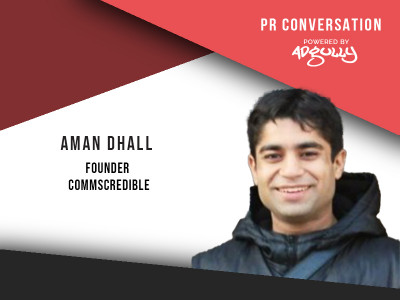

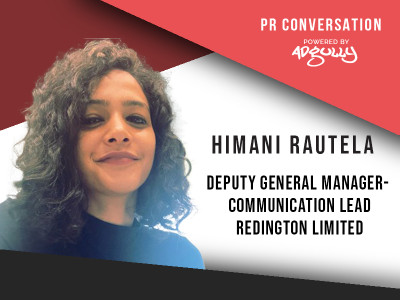
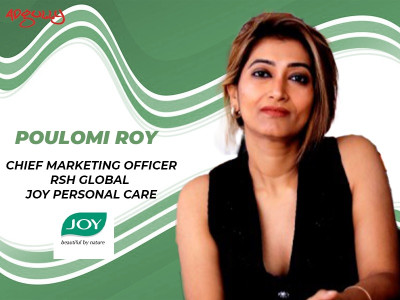
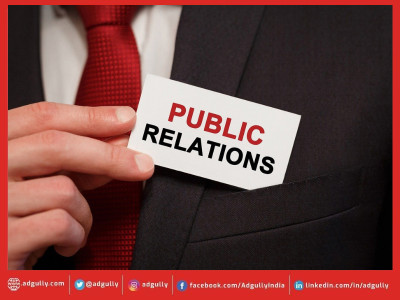







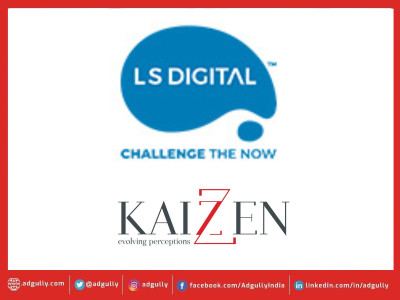


Share
Facebook
YouTube
Tweet
Twitter
LinkedIn